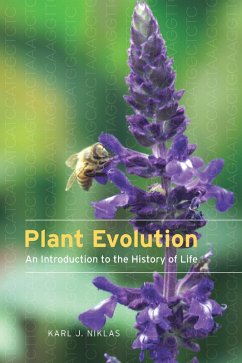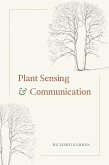Although plants comprise more than 90% of all visible life, and land plants and algae collectively make up the most morphologically, physiologically, and ecologically diverse group of organisms on earth, books on evolution instead tend to focus on animals. This organismal bias has led to an incomplete and often erroneous understanding of evolutionary theory. Because plants grow and reproduce differently than animals, they have evolved differently, and generally accepted evolutionary views-as, for example, the standard models of speciation-often fail to hold when applied to them.Tapping such wide-ranging topics as genetics, gene regulatory networks, phenotype mapping, and multicellularity, as well as paleobotany, Karl J. Niklas s Plant Evolution offers fresh insight into these differences. Following up on his landmark book The Evolutionary Biology of Plants in which he drew on cutting-edge computer simulations that used plants as models to illuminate key evolutionary theories Niklas incorporates data from more than a decade of new research in the flourishing field of molecular biology, conveying not only why the study of evolution is so important, but also why the study of plants is essential to our understanding of evolutionary processes. Niklas shows us that investigating the intricacies of plant development, the diversification of early vascular land plants, and larger patterns in plant evolution is not just a botanical pursuit: it is vital to our comprehension of the history of all life on this green planet.
Dieser Download kann aus rechtlichen Gründen nur mit Rechnungsadresse in A, B, BG, CY, CZ, D, DK, EW, E, FIN, F, GR, HR, H, IRL, I, LT, L, LR, M, NL, PL, P, R, S, SLO, SK ausgeliefert werden.









